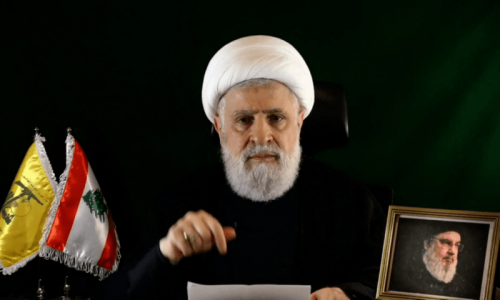NEW DELHI, Feb 27: The United States and India will study the possibility of a joint missile defence system, US Defence Secretary Robert Gates said on Wednesday, stressing talks were only in their early stages.
“We’re just beginning to talk about perhaps conducting a joint analysis about what India’s needs would be in the realm of missile defence and where cooperation between us might help advance that,” Gates told reporters.
Indian missile-defence cooperation with the United States could complicate relations with China, Russia and Pakistan.
Until now, India’s policy has been to develop its missile shield domestically, closing a potential multibillion-dollar market to American manufacturers Boeing Co, Lockheed Martin Corp, Raytheon Co and Northrop Grumman Corp — the biggest players in the emerging ground, air, sea and space based US missile defence system.
But this may be changing in line with a breakthrough Indian decision to buy Lockheed’s C-130J military transport aircraft earlier this year, US defence officials said.
Gates, in New Delhi to strengthen Washington’s strategic ties and make a sales pitch for US arms manufacturers, said the Pentagon wanted to build a relationship focused on long-term cooperation with India, noting it was independent of the current impasse over a controversial civil-nuclear deal sought by Washington.
“We’re not looking for quick results or big leaps forward,” Gates told reporters.
“But rather a steady expansion of this relationship in a way that leaves everybody comfortable that we’re not moving too fast and that works in terms of Indian domestic politics and also works for us.”
ARMS DEALS: The large focus of Gates’s meetings with Indian leadership was on arms procurement and India’s plan to buy 126 multi-role combat fighter jets, a deal worth potentially $10.6 billion.
Lockheed and Boeing are competing for the deal along with Russia’s MiG-35, France’s Dassault Rafale, Sweden’s Saab KAS-39 Gripen and the Eurofighter Typhoon, made by a consortium of British, German, Italian and Spanish companies.
The fighter contest follows India’s purchase of six C-130J military transport aircraft from Lockheed worth about $1 billion, a deal that marked a major shift in weapons-buying policy by India, which has relied heavily on Russian arms and transport aircraft.
“I expressed our pleasure obviously with the purchase by India of the six C-130Js. There are some other deals in the works,” Gates said, without offering details.
“I indicated that we obviously are interested and believe that we are very competitive in the selection of the new fighter,” he said.
“We asked no special treatment. We simply are pleased to have a place at the table and we believe that in a fair competition we have a very good case to make.”
CLOCK TICKING ON NUCLEAR DEAL: After decades of pro-Soviet ties, India has moved closer to Washington in recent years, with new arms sales and joint military exercises. Millions of Indians also are turning to the United States for education, jobs and consumer goods.
But a civil nuclear agreement, seen by many as the centrepiece of India’s strategic relationship with Washington, had hit obstacles in New Delhi where it is opposed by the Indian government’s communist allies.
The agreement would allow New Delhi to access US nuclear fuel and reactors by overturning a three-decade ban imposed after India conducted a nuclear test while staying out of the Non-Proliferation Treaty.
Gates would not put a deadline on India’s acceptance of the deal. But he said time could be running out.
“The clock is ticking in terms of how much time is available to get all the different aspects of this agreement implemented,” Gates said.—Reuters













































Dear visitor, the comments section is undergoing an overhaul and will return soon.